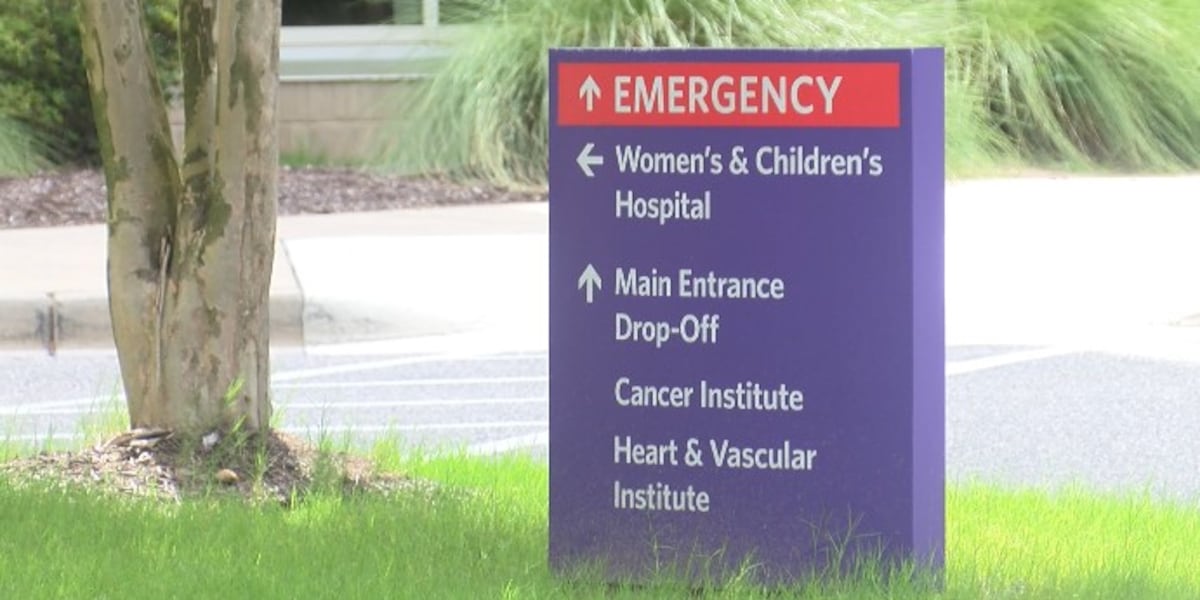NHS Mental Health Services Face Scrutiny: Urgent Improvements Needed, Says Regulator

NHS Mental Health Services Undergo Assessment: Improvement Urgently Required
A recent inspection by the regulatory body has revealed that some mental health services provided by a prominent NHS trust have been downgraded from 'outstanding' to 'requires improvement'. This significant shift in rating highlights concerns about the current standard of care and the need for immediate and substantial changes.
The watchdog's visit, a standard process for evaluating healthcare providers, uncovered areas where the services fell short of expected benchmarks. While specific details remain confidential pending a full report, the general consensus points towards challenges in maintaining consistently high-quality care across all aspects of the mental health service provision.
What Does 'Requires Improvement' Mean?
The 'requires improvement' rating isn't a condemnation, but rather a clear signal that action is needed. It signifies that while the services aren't deemed unsafe, there are aspects that need significant improvement to ensure patients receive the best possible care. This includes areas like patient safety, effectiveness of treatment, responsiveness to patient needs, and overall leadership and management.
Impact on Patients and Families
This downgrade understandably raises concerns among patients and their families. Access to timely and effective mental health support is crucial, and any indication of a decline in service quality is deeply worrying. The NHS trust acknowledges the findings and has committed to addressing the issues identified by the regulator.
NHS Trust's Response and Future Plans
The NHS trust has stated that it is taking the findings extremely seriously and is already working on a comprehensive action plan to address the areas highlighted for improvement. This plan is expected to involve:
- Increased investment in staff training and development: Ensuring that mental health professionals have the necessary skills and expertise to provide the highest quality care.
- Enhanced patient engagement and feedback mechanisms: Actively seeking input from patients and their families to understand their experiences and identify areas for improvement.
- Review of clinical protocols and procedures: Ensuring that treatment pathways are evidence-based and aligned with best practices.
- Strengthened leadership and governance: Improving oversight and accountability to ensure that services are delivered effectively and efficiently.
The trust is also collaborating closely with the regulator to monitor progress and ensure that the necessary changes are implemented promptly. A follow-up inspection is expected within the next year to assess the impact of the action plan.
The Bigger Picture: Mental Health Services in South Africa
This situation underscores the ongoing challenges facing mental health services in South Africa. Demand for mental health support continues to rise, while resources and staffing levels often struggle to keep pace. Addressing these systemic issues is critical to ensuring that everyone has access to the mental health care they need.
Looking Ahead
While the downgrade is a setback, it also presents an opportunity for the NHS trust to learn, adapt, and ultimately deliver even better mental health services for the community. Transparency and accountability will be key to regaining public trust and ensuring that patients receive the care they deserve. The regulator will continue to monitor the situation closely, holding the trust accountable for achieving the necessary improvements.





